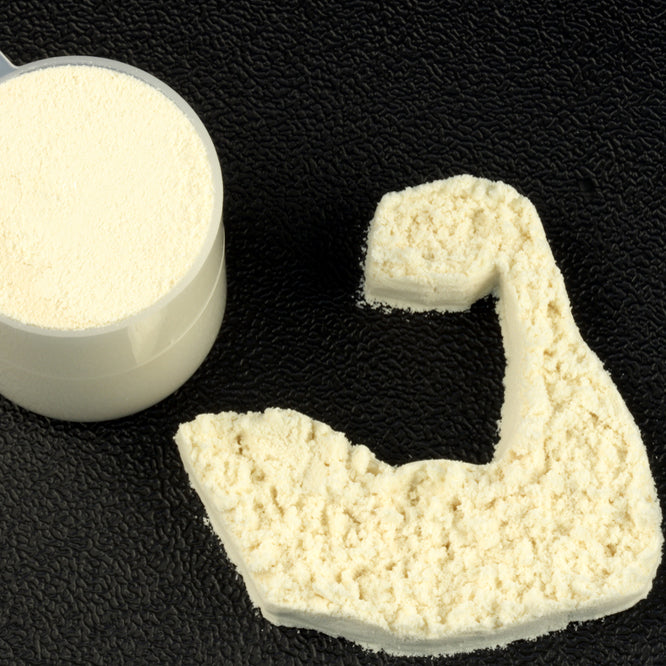As athletes, we know we need to be consuming protein for our bodies to adapt and improve, but it’s often hard to know how much is enough.
If you’re looking to bulk up or add muscle, you simply won’t be able to do so without getting enough protein in.
But how much is the right amount? You see a lot of conflicting information on social media and hear other athletes quoting the amount of protein and calories in each meal.
The reality is that each person has different needs, but you can do a rough calculation of what’s right for you.
How Protein Helps You Build MuscleWhen you do strength or resistance training, you break down muscle proteins. In order for your body to get stronger, it needs to synthesise more muscle.
To fuel that process, it’s critical to consume enough protein in your diet, and there’s lots of research to show doing so will increase muscle gains.
That’s why there’s so much hype around protein in the fitness culture, and why you should be prioritising it after training sessions - especially if you’re looking to bulk.
How Much Protein Do You Need?Top-level athletes usually aim for around 2g of protein per day for every kg of bodyweight they have. This means that if you weigh 70kg, you should try to eat 140g of protein each day. This is pretty doable across three meals, particularly if you’re having a protein shake after training too.
For some athletes, it’s better to use lean bodyweight as their benchmark to work off of. That’s because if you weigh 120kg, it’s quite a challenge to eat 240g of protein in a single day. You’ll need to spend a lot of time eating and rack up a huge amount of calories.
Instead, some athletes may prefer to eat 2g per kg of lean muscle each day. This can be calculated using scales that show your body fat percentage.
High Protein Foods To Help You BulkOnce you’ve worked out how much protein you should be aiming for when you start bulking, you now need to decide how you’re going to achieve it on a daily basis.
Meat and fish like chicken breast, turkey, cod or salmon are all foods that are high in protein, but it’s important to find a variety of foods that you enjoy eating.
If you stick to a
plant-based diet, things like tofu, chickpeas and lentils will help you hit your goals.


Share:
Supplements That Will Keep You Healthy On A Plant-Based Diet
Why Athletes Have Greater Protection From Brain Diseases